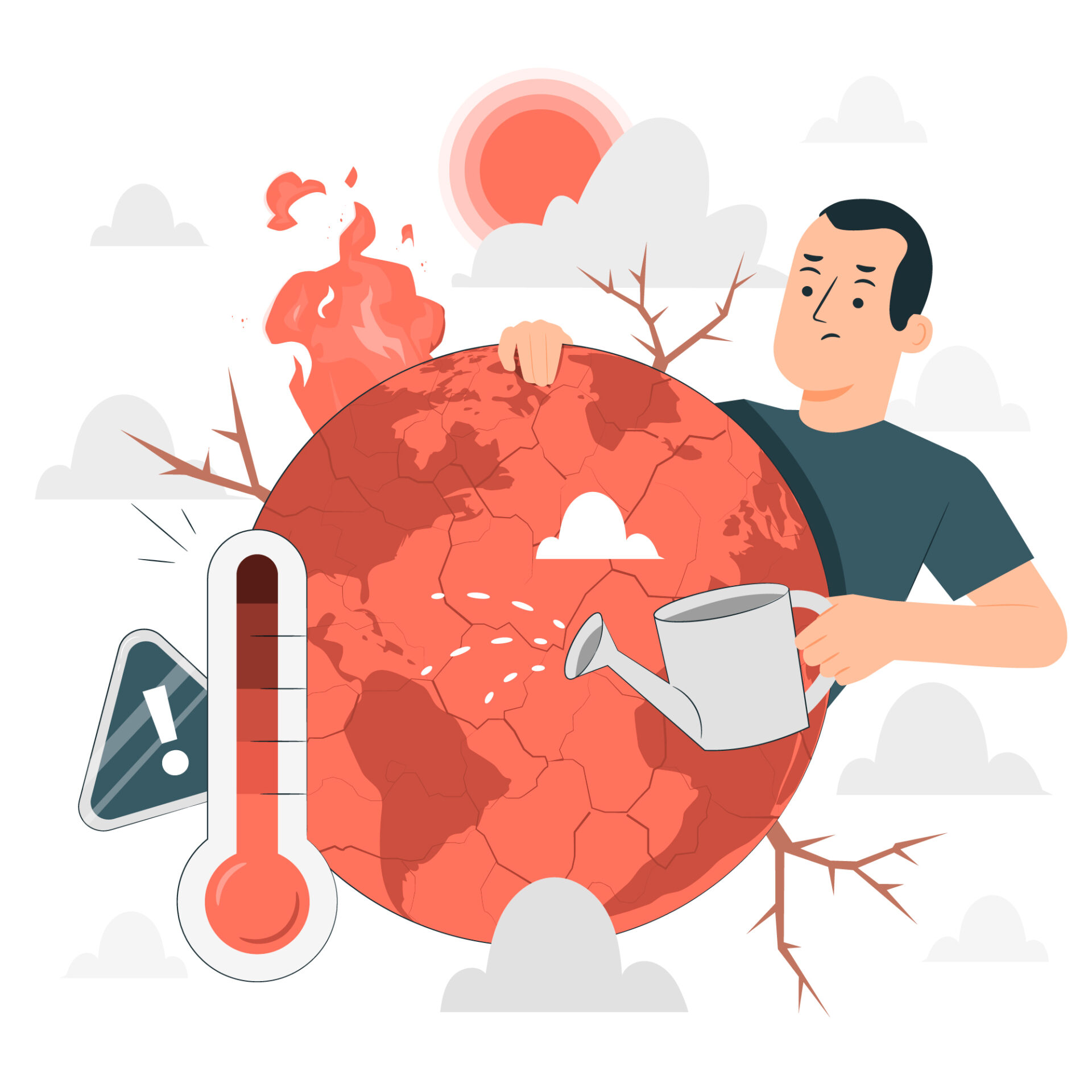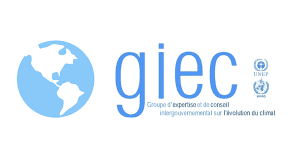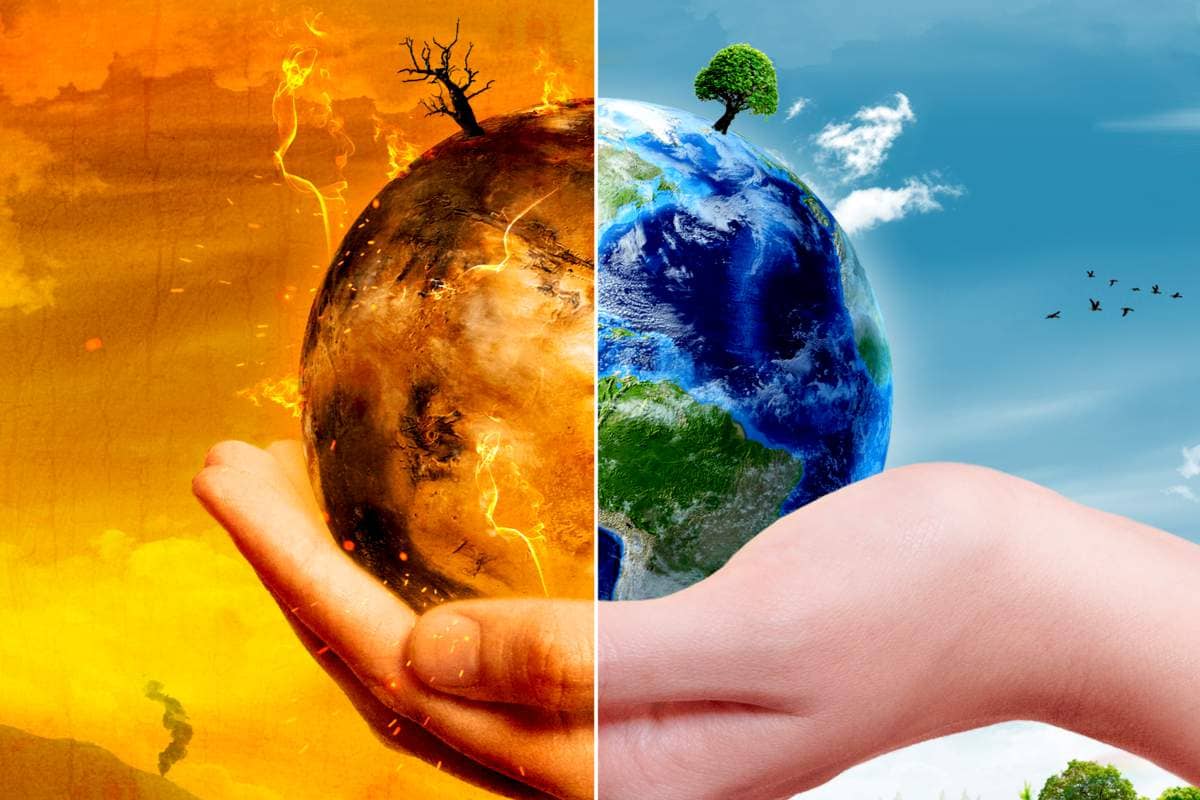
ZOOM on the IPCC report



What is the IPCC?
The Intergovernmental Panel on Climate Change (IPCC) was created in 1988 to provide detailed assessments of the state of scientific, technical and socio-economic knowledge on climate change, its causes, potential impacts and coping strategies.
This association of nations represents, through individuals, member countries that will carry out assessments and syntheses of research conducted worldwide on climate change. The IPCC does not make recommendations, but projections. The transparency of the IPCC is total and all sources can be found on the IPCC website.
There are 3 main working groups and a Task Force (support group), which form the following main stages:
Addresses the physical understanding of the climate system and climate change.
Addresses the impacts, adaptation and vulnerability of human societies and ecosystems to climate change
Addresses global solutions to mitigate climate change and its effects.
Summary of the report
The current state of the climate
Possible climate futures
Climate information for regional risk assessment and adaptation
Limiting future climate change
+1,09°C
In 2021, the average temperature increase is +1.09°C compared to the pre-industrial era.
+1,5°C
The Paris agreements aim to limit the temperature rise to 1.5°C.
+2,7°C
Taking into account the current commitments of the States, the warming would reach +2.7°C at the end of the century.
Between 3.3 and 3.6 billion
people live in situations that are highly vulnerable to climate change (especially in developing countries).
1 billion
people in coastal regions will be at risk by 2050.

Effective protection of 30-50% of ecosystems will help us adapt to the effects of climate change.
Through the implementation of green buildings and sustainable modes of transportation, among others.
The climate crisis is accompanied by other challenges such as increasing urbanization, social inequalities, etc.
In a world facing ever more pressing environmental issues, transition
“A stone has no hope of being anything other than
The fourth leading cause of mortality in the world, air